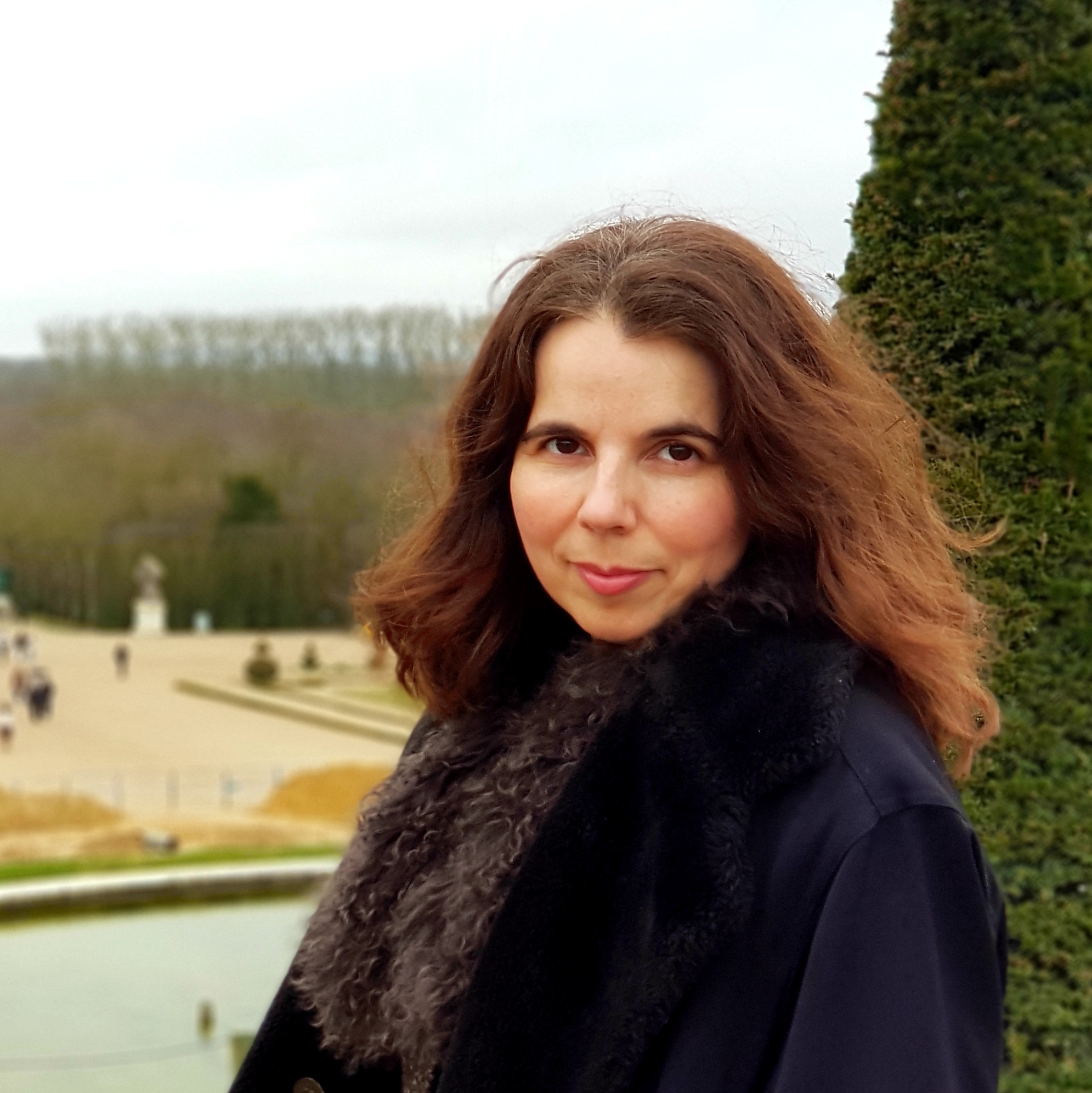Doctorate
Full member
NOVA FCSH
With a PhD in Music and Musicology, Interpretation branch from the Évora University, the soprano Tania Valente divides her artistic activity with a career as an investigator at CESEM (NOVA-FCSH) and the Theatre Studies Center (FLUL) and also as a Teacher of German for Singers at the Music School of the National Conservatory and CMLM.
She studied music at the Instituto Gregoriano de Lisboa and at the Escola Superior de Música de Lisboa (ESML- degree in Singing). She also has a degree in Modern Languages and Literature: English and German Studies (Lisbon Faculty of Letters).
In opera, she was “Fanny” in The Cooper by Thomas Cooper (Teatro da Trindade), “2nd Dame” in Mozart’s Magic Flute and “Sebastiana”, in a Portuguese version of her authorship of the opera Bastien und Bastienne by Mozart, staging by Ricardo Neves-Neves.
In addition to performing regularly in recitals, she has been a member of the Coro Gulbenkian since 2005.
Her research interests mainly comprise vocal science and pedagogy and relationships between Music and Literature. She is the author of scientific articles and the book “A Língua Portuguesa no Canto Lírico: contexto histórico e relações entre técnica e fonética”, based on her PhD dissertation, and a regular guest at lectures.
At the end of 2017, she released her first album, “”Cancioneiro Musical Português””, music by composer Gustavo Romanoff Salvini, with pianist Bernardo Marques and other guests, a project supported by the GDA Foundation.
In 2020, she released a modern annotated re-edition of G. R. Salvini’s “”As Minhas Canto Lessons: Notas ao Vaccai para uso dos Portugueses””, published by Ava-Editions. She was the author and presenter of the programs “”Claraboia: Portuguese music and literature”” and “”Haskalah: Jews in German music””, both for the radio RDP Antena 2.

